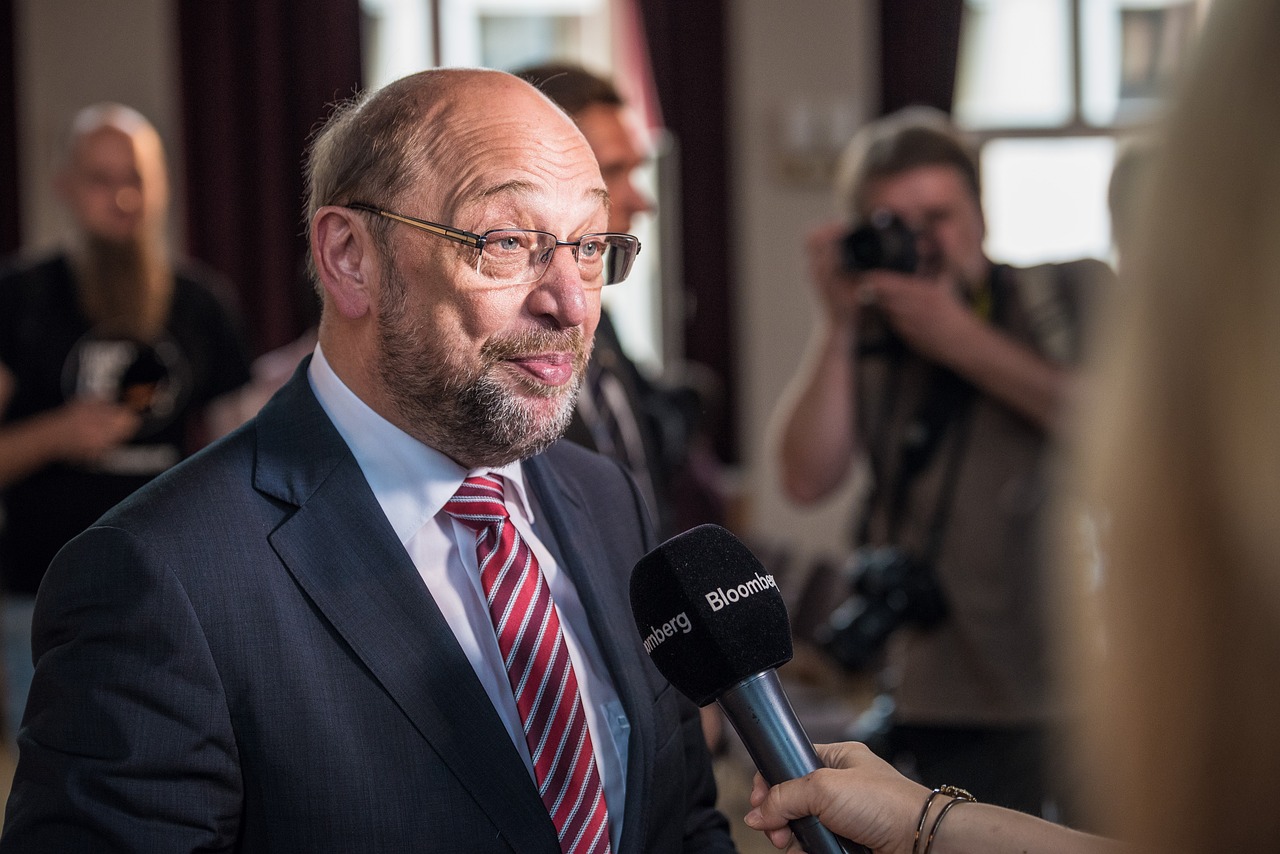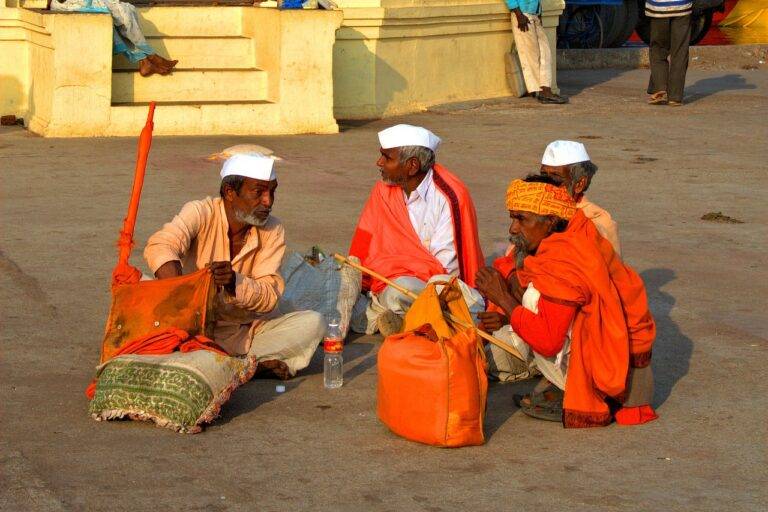Election Campaigns and Civic Responsibility
Political candidates are at the forefront of any election campaign, playing a pivotal role in shaping public opinion and garnering support. Their charisma, policies, and ability to connect with voters are crucial factors that can make or break their bid for office. Candidates often rely on their campaign team to strategize and execute effective outreach efforts, mobilize volunteers, and manage media relations to ensure their message reaches the masses.
Another key player in election campaigns is the political party itself. Parties provide a structured platform for candidates to launch their campaigns, access to resources such as voter databases, fundraising support, and a network of followers. Party endorsements and affiliations can significantly influence public perception and sway undecided voters. Additionally, parties often play a role in coordinating campaign events, advertising, and coordinating voter turnout initiatives to maximize their candidate’s chances of success.
The Role of Media in Shaping Public Opinion
The media plays a crucial role in shaping public opinion by disseminating information and influencing the way people perceive political events and candidates. Through news coverage, editorials, and advertisements, the media has the power to sway public sentiment and generate support for specific political agendas. This influence is especially pronounced during election campaigns, where media exposure can make or break a candidate’s image and candidacy.
Furthermore, the media serves as a watchdog by holding politicians accountable for their actions and decisions. By investigating and reporting on issues of public interest, the media contributes to the transparency of the political process and helps voters make informed decisions at the polls. However, it is essential for the media to maintain objectivity and impartiality in their reporting to ensure that the information presented to the public is accurate and unbiased.
The media disseminates information and influences public perception
News coverage, editorials, and advertisements sway public sentiment
Media exposure can impact a candidate’s image during election campaigns
The media acts as a watchdog by holding politicians accountable
Investigative reporting contributes to transparency in the political process
Objectivity and impartiality are crucial for accurate and unbiased reporting
Importance of Voter Education
Voter education plays a pivotal role in ensuring a well-informed electorate during election seasons. Informed voters are empowered to make knowledgeable choices that align with their personal values and beliefs. By providing voters with essential information about candidates, political parties, and key issues, voter education cultivates a more engaged and participatory democracy.
Moreover, voter education helps to combat misinformation and disinformation that may influence electoral outcomes. By equipping voters with the necessary tools to critically assess information and discern facts from fiction, voter education fosters a more transparent and accountable political landscape. Ultimately, investing in voter education strengthens the foundation of democracy by fostering a more informed and active citizenry.
Why is voter education important?
Voter education is important because it helps individuals make informed decisions when casting their vote in elections. It empowers voters to understand the issues at stake, evaluate candidates based on their platforms, and participate actively in the democratic process.
How do key players in election campaigns impact voter education?
Key players in election campaigns, such as political parties, candidates, and interest groups, play a crucial role in shaping voter education. They provide information about their platforms, policies, and agendas to educate voters and gain their support.
How does the media influence public opinion in elections?
The media plays a significant role in shaping public opinion during elections by providing news coverage, analysis, and commentary on candidates, issues, and events. This can influence how voters perceive candidates and make decisions at the polls.
What are some ways to promote voter education?
Some ways to promote voter education include conducting public awareness campaigns, organizing debates and forums for candidates to discuss their platforms, providing voter guides and resources, and encouraging civic engagement in communities.







